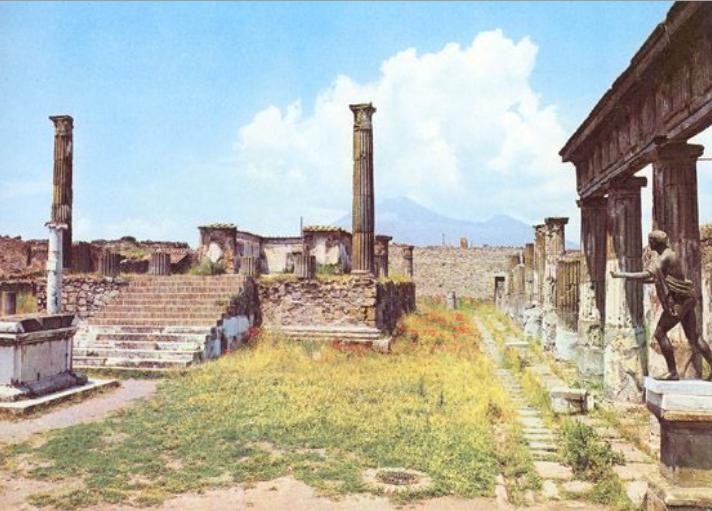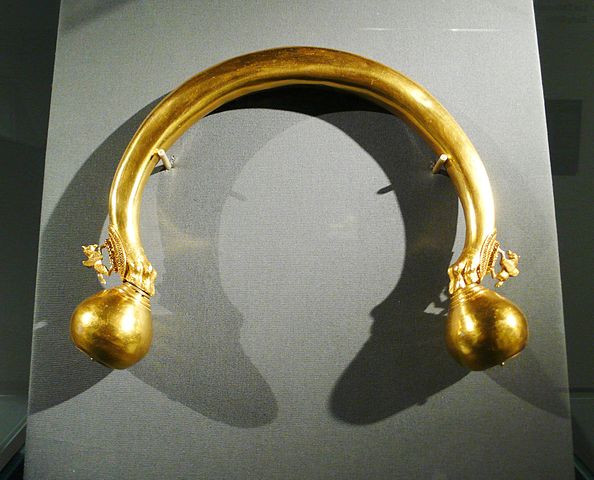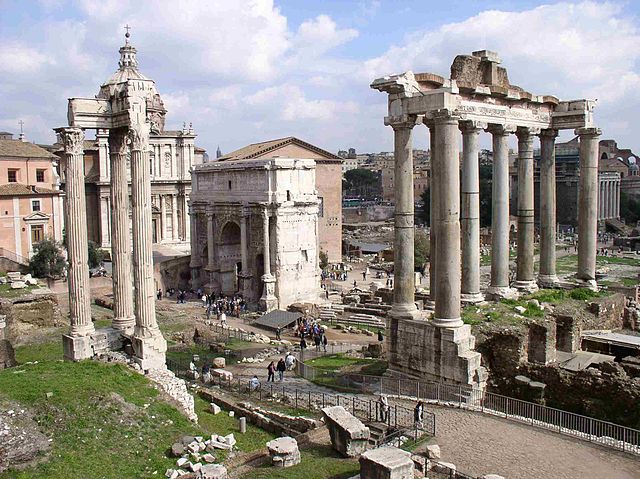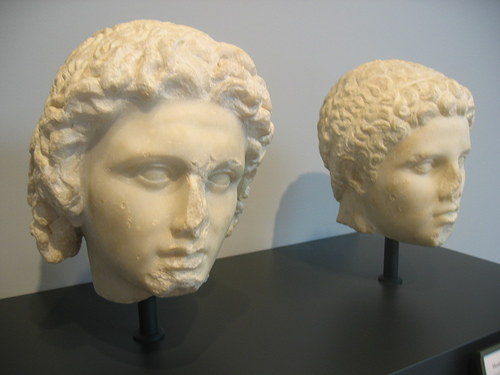Ice Age engravings found at Jersey archaeological site
A dig in Jersey yields a stash of hunter-gatherer artefacts, including engraved stones which may pre-date all known ancient art in the British Isles.
Read more here.
Skeleton of ancient warrior and hoard of treasure found in 3,500-year-old tomb

US archeologists found the wooden coffin of the unknown soldier on the Peloponnese peninsula, with jewellery, a bronze sword and ivory combs inside.
Earthsea – a rival to Tolkien

In A Wizard of Earthsea, published in 1968, Usula K Le Guin created one of literature’s most fully formed fantasy worlds.
Read more here.
Pre-Roman tomb unearthed in Pompeii

A rare pre-Roman tomb has been unearthed in Pompeii, shedding new light on life at the site in the fourth century BC.
Read more here.
The Celts: not quite the barbarians history would have us believe

A close examination of Celtic craftsmanship reveals a scientifically sophisticated people with good links to the rest of Europe.
Read more here.
Where Yeats spoke with ghosts

William Butler Yeats was an Irish poet, Senator, Nobel Laureate – and a firm believer in ghosts. He claimed that after death we relive our passionate moments over and over, loving the same souls, burning down the same houses and acting out the same murders.
Read more here.
Why ancient Rome matters to the modern world

Failure in Iraq, debates about freedom, expenses scandals, sex advice … the Romans seem versions of ourselves. But then there’s the slavery and the babies on rubbish heaps. We need to understand ancient Rome, but should we take lessons from it?
Read more here.
The quietest corner of London

In London’s bustling centre lies a centuries-old brotherhood, hidden from even most locals.
Four hundred years ago, a fabulously wealthy arms dealer and moneylender named Thomas Sutton was approaching death. As part of his legacy, he decided to convert his magnificent London home, itself a former Carthusian monastery founded in 1371, into an almshouse and school. He decreed that 80 impoverished gentlemen should be sheltered and fed there, and left a fortune equivalent to £200 million today to ensure his vision. The home became known as Sutton’s Hospital at Charterhouse.
Read more here.
Greek tomb was ‘for Alexander the Great’s friend Hephaestion’

An archaeologist investigating an ancient Greek tomb from Alexander the Great’s era suggests it was a shrine for his closest friend Hephaestion.
Read more here.
